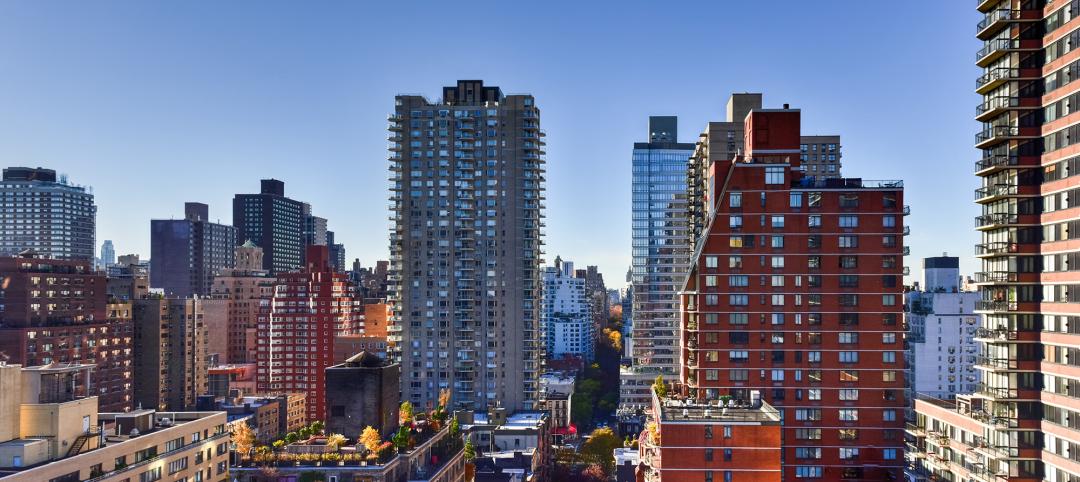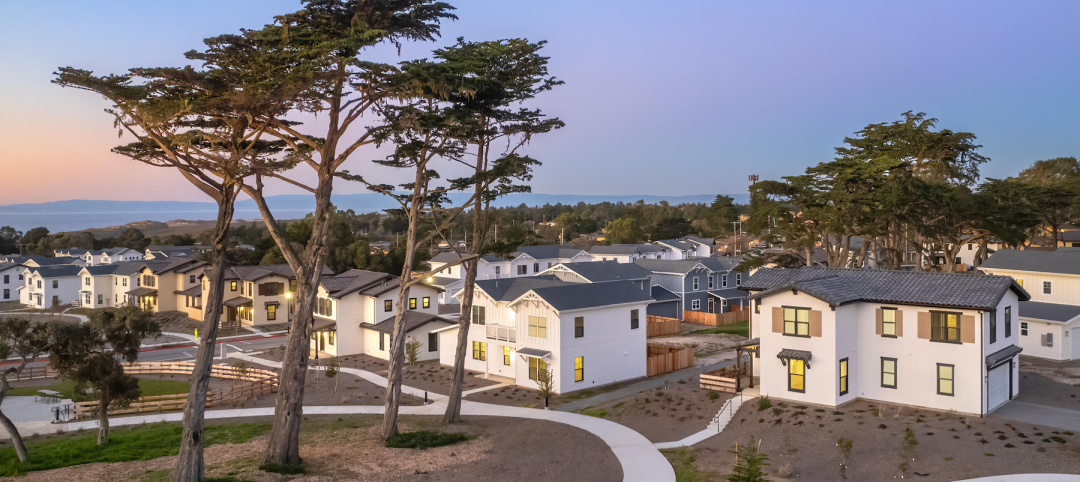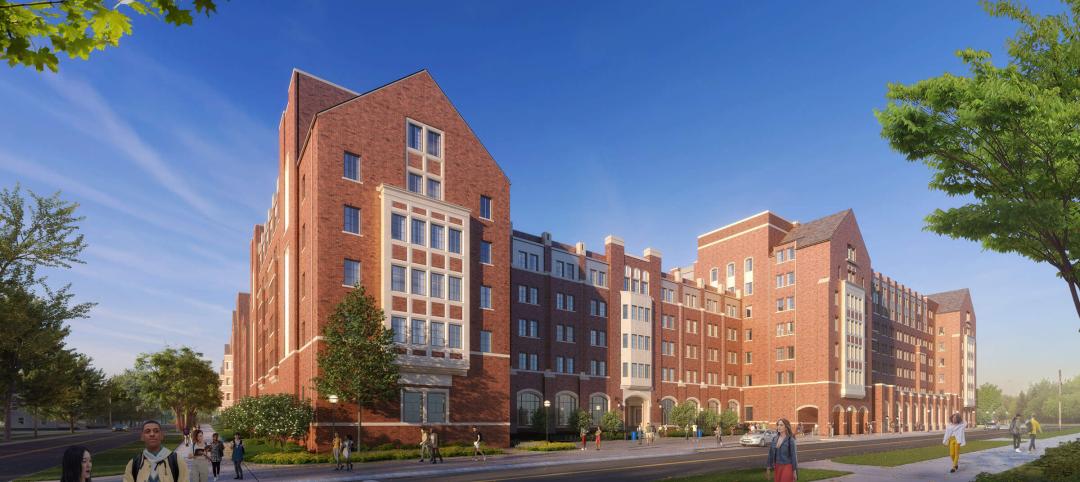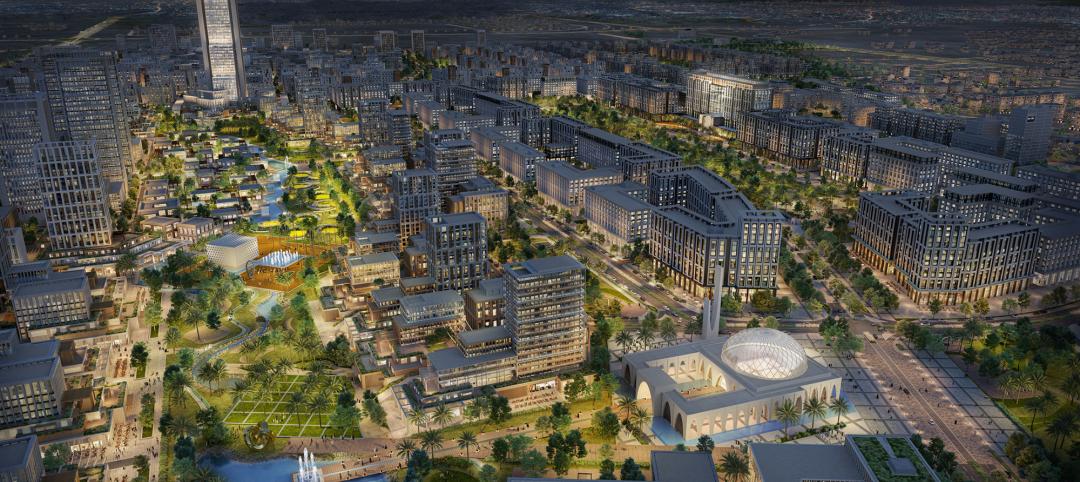As electric vehicle sales continue to increase, more renters are looking for apartments that offer charging options.
EV sales increased by 67% from 2021 to 2022, and are projected to account for nearly 30% of vehicle sales by 2030. Renters who own or are considering buying an EV are willing to pay higher rents for charging capability. A 2022 National Multifamily Housing Council survey found that 27% of renters would pay $28.12 more per month for access to chargers.
Multifamily owners also face regulatory pressure to install chargers. The U.S. Dept. of Energy adopted an International Code Council provision requiring apartment communities to provide EV charging infrastructure for up to 20% of lots with 25 or more parking spaces.
Multifamily properties can install two types of chargers: Level 1 are the most affordable costing $300 to $1,500 each, but can only provide about 5 miles of range per hour. Level 2 models, the most common in apartment buildings, cost up to $7,500 and offer 16 to 25 miles of range per hour.
Some states have government and utility rebates and incentives, and the federal Inflation Reduction Act reinstated a tax credit of up to 30% of the cost. Applying for these incentives, though, is a complex process.
Related Stories
MFPRO+ Research | Aug 6, 2024
Matrix multifamily report for July shows ‘hopeful signs’
The multifamily market is showing strength in many ways, according to the July 2024 Matrix Multifamily National Report by Yardi Matrix.
Military Construction | Aug 5, 2024
Military housing presents opportunities and challenges to its private builders and landlords
At least one developer-builder, The Michaels Organization, bets on future construction and renovation.
MFPRO+ News | Aug 1, 2024
Canada tries massive incentive program to spur new multifamily housing construction
Canada has taken the unprecedented step of offering billions in infrastructure funds to communities in return for eliminating single-family housing zoning.
Student Housing | Jul 31, 2024
The University of Michigan addresses a decades-long student housing shortage with a new housing-dining facility
The University of Michigan has faced a decades-long shortage of on-campus student housing. In a couple of years, the situation should significantly improve with the addition of a new residential community on Central Campus in Ann Arbor, Mich. The University of Michigan has engaged American Campus Communities in a public-private partnership to lead the development of the environmentally sustainable living-learning student community.
MFPRO+ New Projects | Jul 31, 2024
Shipping containers converted into attractive, affordable multifamily housing in L.A.
In the Watts neighborhood in Los Angeles, a new affordable multifamily housing project using shipping containers resulted in 24 micro-units for formerly unhoused residents. The containers were acquired from a nearby port and converted into housing units at a factory.
MFPRO+ News | Jul 24, 2024
Most popular cities for renters mid-2024
Rental activity in the U.S. continues to grow halfway through 2024. With the work-from-home boom stabilizing, more renters are eying desirable cities to relocate to.
MFPRO+ News | Jul 22, 2024
Miami luxury condominium tower will have more than 50,000 sf of amenities
Continuum Club & Residences, a new 32-story luxury condominium tower in the coveted North Bay Village of Miami will feature more than 50,000 sf of indoor and outdoor amenities. The program includes a waterfront restaurant, dining terraces with resident privileges, and a private dining room outdoor pavilion.
MFPRO+ News | Jul 22, 2024
6 multifamily WAFX 2024 Prize winners
Over 30 projects tackling global challenges such as climate change, public health, and social inequality have been named winners of the World Architecture Festival’s WAFX Awards.
MFPRO+ News | Jul 15, 2024
More permits for ADUs than single-family homes issued in San Diego
Popularity of granny flats growing in California
Vertical Transportation | Jul 12, 2024
Elevator regulations responsible for some of ballooning multifamily costs
Codes and regulations for elevators in the United States are a key factor in inflating costs of multifamily development, argues a guest columnist in the New York Times.


















